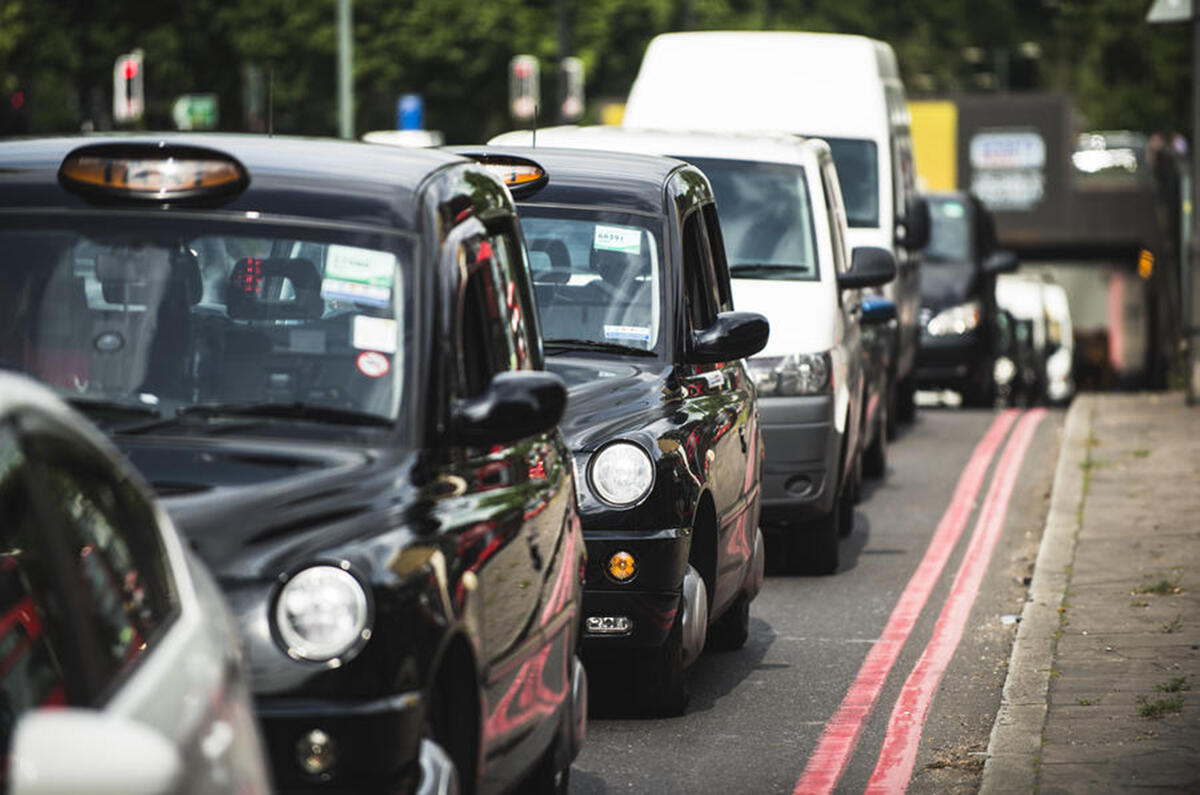The Chancellor’s plan to force drivers and buyers of diesel cars to pay more to own, run and even park their cars – allegedly to reduce toxic pollution in city – must surely rank as one of the worst-targeted pieces of (proposed) legislation in many a long day.
Budget 2017: diesel tax hike confirmed
The knee-jerk nature of Philip Hammond’s move, which will apply to diesel cars that don't meet the new RDE step 2 standards, is especially depressing. This man, whose judgement is supposed to be turned to our greater good, has caved into grievously ill-directed pressures. What he is proposing will have no effect on the problem; it will simply lower his level of earache. He will be seen – he – to have acted to reduce NOx, which “the experts” say “kills 7000 people a year”.
Fully autonomous cars to be on UK roads by 2021
Such statistics are deeply suspect, as any sensible person instinctively knows, and spouting them brings no benefit whatever. Yet there is a NOx problem: why not attack it in ways that will work?
First, ditch or upgrade the belching old buses and old taxis that contribute so much to the problem. Remember those days a year or two ago when strikes removed buses from Oxford Street and the place suddenly met EU pollution standards? What should we have learned from that?
Second, encourage owners of older diesels either not to bring them to pollution-prone areas, or to give them powerful reasons to embrace cleaner models. (Naturally, with legislators on the case, the stick is being applied lustily while the carrot is nowhere to be seen).
Third, give far less credence to society’s spoilers and truth-benders, whose instinctive joy is in attacking all cars, ignoring the fact that convenient personal mobility is a vital component of happy lives and of most successful (job-creating, tax-paying) businesses.
Fourth, attack the main sources of toxic pollution. How many times does it have to be stated that all road transport creates only about 30% of the problem and is outranked both by other transport forms (trains, planes)? Attack home heating, power generation and non-road transport and you’ll be aiming at more than 70% of the pollution.
Fifth, acknowledge the truth about today’s Euro 6-standard diesels: that they’re now so clean that they simply aren’t a significant part of the problem. New testing regimes make this quite clear.
Finally, find ways to praise and publicise the speed at which the motor industry is already embracing zero-emissions technology and hybridisation. It’s going further and faster than any governmental edict requires, but it needs the support of well-conceived infrastructure – fast chargers – if it is to attract buyers of new technology. If the forces of gloom worked to turn all this into the good news story it deserves to be, we’d all be going faster still.








Join the debate
Add your comment
Under fourth, you forgot
Under fourth, you forgot ships, which according to some reports are the scourge of the planet due to poorly designed and maintained marine diesel engines that are unregulated.
The budget measures will have a very small impact.
Good post Steve...agree with
Good post Steve...agree with most of it. Car technology has cleaned up the average car by huge amounts of the last 20yrs. More needs to be done but a rational approach considering all pollution sources does not exist.
Don't be fooled folks - the big hit is yet to come.
All Spreadsh*t Phil has done today is pass the buck. It will be down to your local, caring, authority that'll be doing his dirty work.
SP said:
The levy (tax) on diesels will fund a new £220 million clean air fund (will be poured into the treasury's general pot - I've just given it a fancy name to make it look good and plucked that figure out of the air because I have no actual way of knowing what it'll be at this stage) to support (pay for 'part' of) the implementation of local air quality plans (the huge costs involved in purchasing, installing and administering vast numbers of pre-Euro 4 catching ANPR cameras which will be positioned at the entrance and exit of any town or city who's local authority needs to generate a bit of extra revenue and have been looking for a ready made excuse to do it for bloody ages).